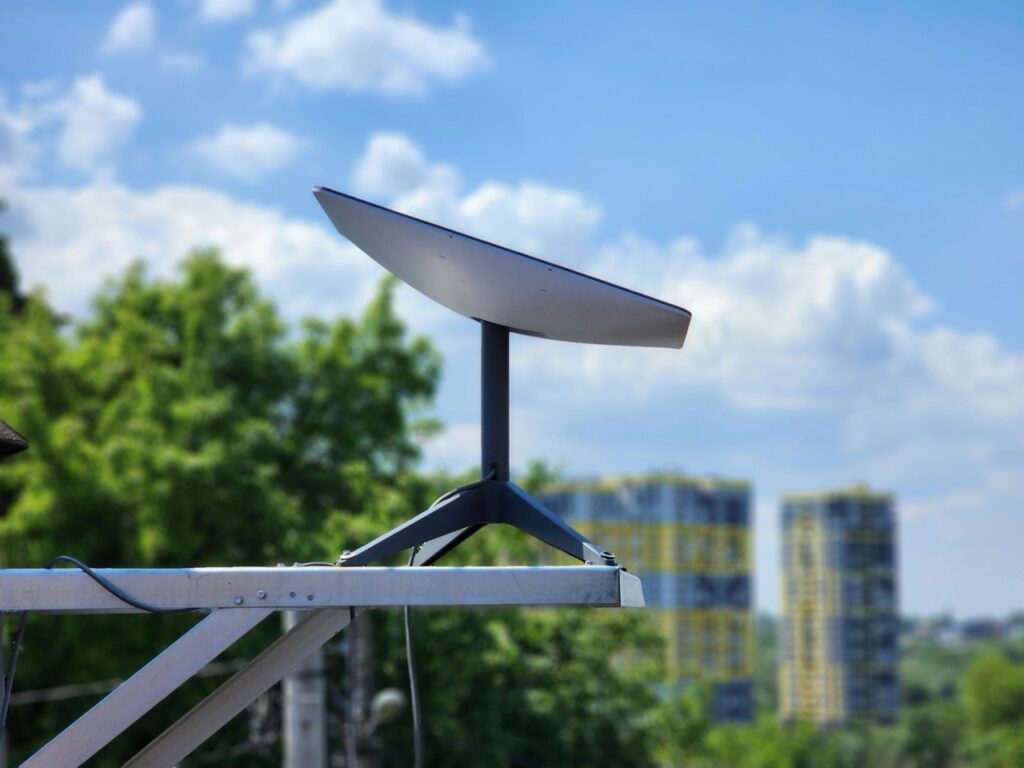Starlink has kicked off operations in Zimbabwe three months after securing an operating license in the Southern African nation. The Elon Musk-owned company will offer its services through a government-approved local partner IMC Communications.
Starlink’s launch in Zimbabwe comes as the satellite internet service continues to make inroads into African countries despite regulatory troubles. August 2024 saw the company launch in Botswana, which counts for its sixth country in southern Africa.
Several local companies have obtained government approvals to work as Starlink’s local resellers, but the company’s website shows it is doing direct sales to customers who must pay US$23 for shipping.
Customers who opt for the Starlink Mini, ideal for basic internet use and smaller households but with a cap of 100 Mbps compared to the standard package with speeds of up to 200 Mbps, will pay US$200 for the setup kit and a monthly subscription of US$30.
The system, which brings connectivity where there is no land-based network, is seen as a game changer in Zimbabwe where data prices are high and rural communities are unserved.
Unlike in other African countries where Starlink offers local currency pricing, customers in Zimbabwe will be charged in dollars. In September 2023, Zimbabwe’s regulator the Postal & Telecommunications Regulatory Authority of Zimbabwe (POTRAZ) announced that Starlink applied for a license. The regulator would later crack down on unregistered users smuggling in Starlink devices from neighbouring Zambia, warning that they were breaking the law.
In October 2023, some Zimbabwean legislators argued that Starlink’s operating license should be rejected because Musk’s other comapny, X, was being used to allegedly disparage the country’s leadership, including President Emerson Mnangagwa.
In May 2024, President Mnangagwa said the telco regulator has approved the licence and a local company, IMC Communications, was appointed the official sole and exclusive reseller. President Emmerson Mnangagwa claimed that the service would “result in the deployment of high speed, low cost, low-earth-orbit internet infrastructure throughout Zimbabwe and particularly in all the rural areas.”
A World Bank report in 2021 said only 34.8 percent of Zimbabwe’s population had access to the internet. At the moment, the country’s internet service is dominated by three major mobile network operators which are Econet, NetOne and Telecel.
Starlink made its African debut in January 2023, with Nigeria as its first launch site. The service is now available in 14 African countries, including Zimbabwe’s neighbours Eswatini, Botswana, Zambia, Malawi and Mozambique.
However, its journey in Africa has been far from smooth. The continent, where only 40% of the 1.3 billion people have internet access. This marks the lowest rate in the world and presents significant regulatory challenges for Starlink.
For example, on August 14th, 2023, South Africa banned the import of Starlink kits, leaving the country cut off from SpaceX’s satellite internet. Despite its presence in neighbouring countries, South Africa, the region’s largest economy, has yet to join Starlink’s network.

